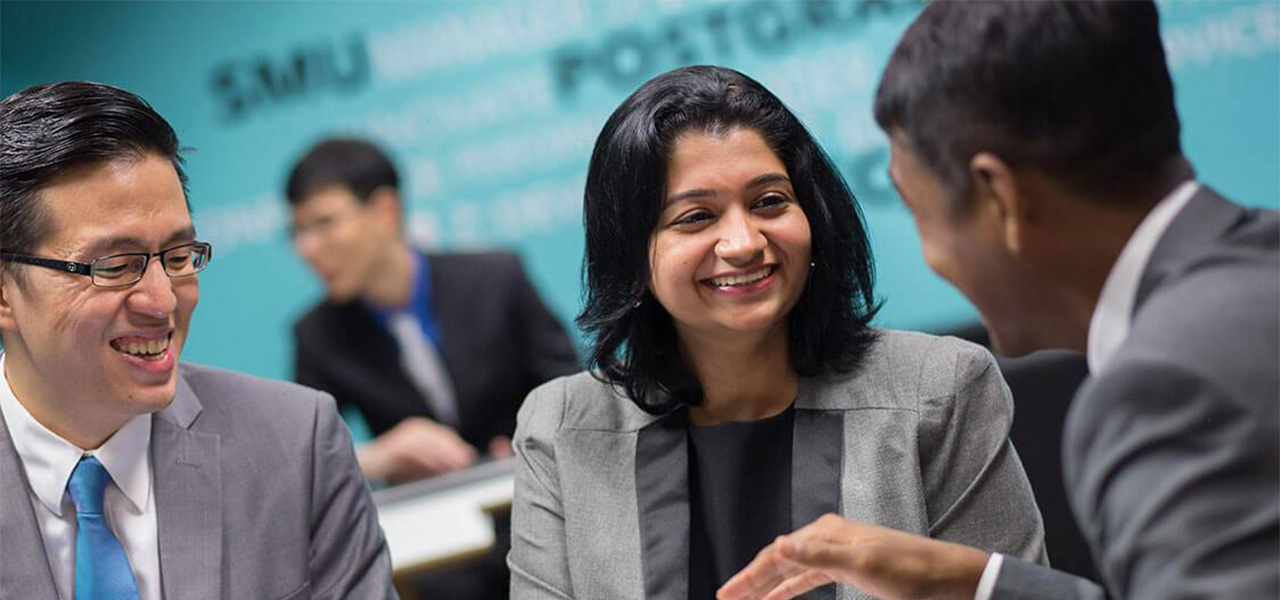Shaping cybersecurity leaders for a digital-first world
Cybersecurity is no longer just about defending systems—it is about enabling trust in digital transformation. As cyberthreats grow more complex, Singapore’s cybersecurity market is projected to exceed US$752 million by 2030, creating unprecedented opportunities for professionals ready to bridge technology with business strategy.
Yet, demand continues to outpace supply. A recent ISC2 report highlights a shortage of over 4,600 cybersecurity professionals in Singapore, underlining the urgent need for leaders who can connect deep technical knowledge with strategic foresight.
To meet this demand, Singapore Management University (SMU) is introducing a new Cybersecurity track in its Master of IT in Business (MITB) programme, commencing in August 2026.
Where technical skills meet business acumen
“Cybersecurity is no longer just an IT function—it is a strategic business imperative,” says Associate Professor of Computer Science (Practice) Shar Lwin Khin, Director of the MITB Cybersecurity track.
Adopting a techno-management approach, the track prepares graduates to:
- Balance security effectiveness with cost, usability, and compliance
- Translate technical risks into boardroom discussions
- Lead cybersecurity strategies that strengthen organisational resilience
A curriculum designed for the future
Students will complete 15 course units—eight core modules and seven electives—with opportunities to pursue either an internship or a capstone project. The curriculum is designed to address three persistent gaps in cybersecurity education:
- Disconnect between operations and leadership: equipping students to communicate technical risks as business priorities.
- Rapid emergence of AI, LLMs, and cloud-native systems: ensuring graduates are trained in cutting-edge technologies such as AI-driven security analysis and enterprise cryptography.
- Overly classroom-based learning: embedding experiential components such as industry projects, case studies, and internships.
Students can also broaden their scope by taking modules from other MITB tracks, including Artificial Intelligence, Data Science & Analytics, Digital Transformation, and Financial Technology & Analytics.
Career opportunities in a growing cybersecurity hub
With Singapore’s position as a global cybersecurity hub, demand for skilled professionals spans industries such as financial services, healthcare, government, and critical infrastructure.
Roles in demand include:
- Cyber risk specialists
- Cybersecurity architects
- Operations specialists
- Penetration testing specialists
Beyond Singapore, graduates are well placed to take on cross-border advisory roles in high-growth markets such as Indonesia, Vietnam, and Malaysia, where many organisations look to Singapore as their regional base.
“There is demand from telecommunications and financial technology companies for professionals who can bridge cybersecurity with strategic business operations, especially in markets like Indonesia, Vietnam, and Malaysia,” notes Assoc Prof Shar.
Why choose SMU’s MITB cybersecurity track?
One of SMU’s unique strengths is its emphasis on experiential learning. From internships to capstone projects and industry-led workshops, MITB students gain first-hand exposure to complex real-world challenges, graduating with both technical depth and leadership readiness.
“For professionals looking to transition into this space, it’s imperative to understand that cybersecurity is interdisciplinary and requires contextual understanding of real-world systems,” adds Assoc Prof Shar. “It is one of the most dynamic and rewarding fields today, offering career opportunities that span technical, management, and leadership roles.”
Be part of the first cohort
Applications for the new MITB Cybersecurity track open from 1 January to 31 May 2026, for the August 2026 intake.
Take the next step towards advancing your career in cybersecurity—find out more about SMU’s MITB programme.





